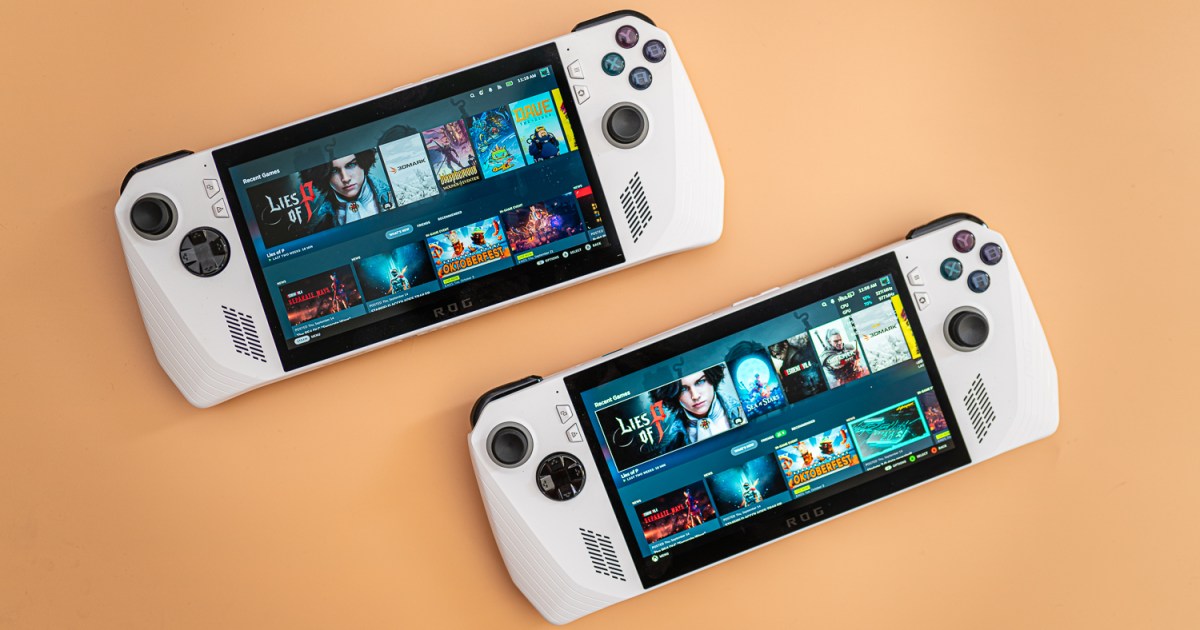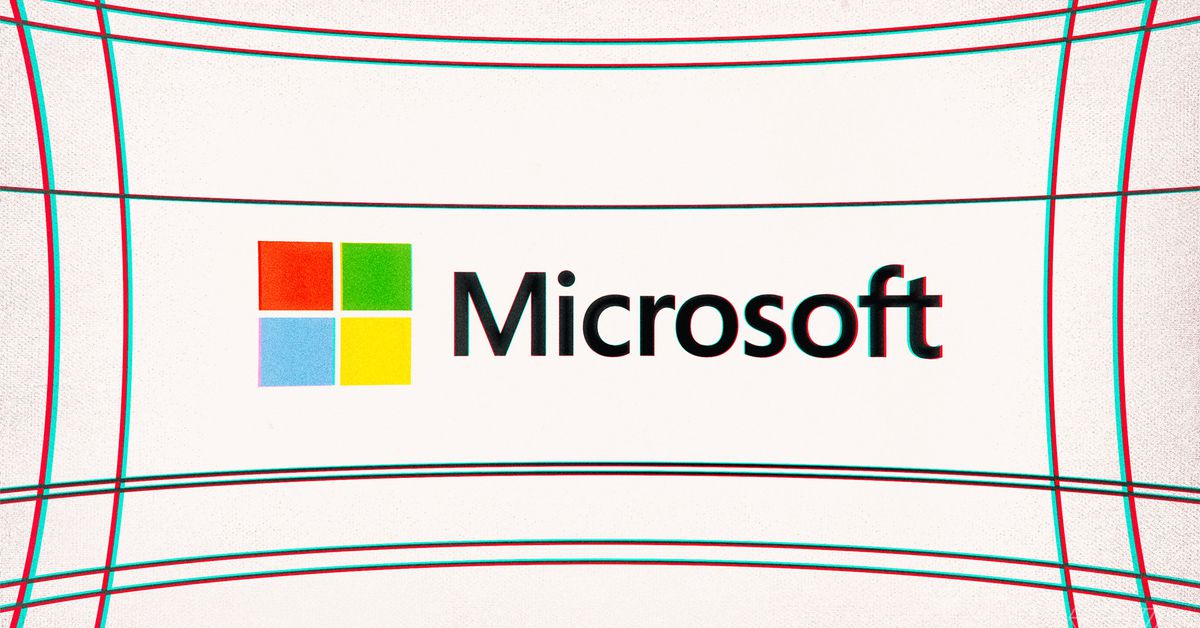The Asus ROG Ally just got a game-changing update
The most recent update for the Asus ROG Ally adds frame generation to the handheld, which promises vastly improved performance.

 Jacob Roach / Digital Trends
Jacob Roach / Digital TrendsAsus’ ROG Ally is one of the best handheld gaming PCs you can buy, and now it’s getting even better. Asus is updating the handheld with AMD’s Fluid Motion Frames (AFMF). This is a driver-level feature that adds frame generation to the majority of DirectX 11 and 12 games, which should vastly improve performance.
We’ve seen AFMF in action on AMD graphics cards previously. The feature launched late last year for desktop and mobile AMD graphics cards, but the ROG Ally oddly didn’t support the feature. Asus’ handheld uses the Ryzen Z1 chipset, which includes both an AMD processor and graphics card, but it uses its own specialized driver. Because of that, it didn’t receive AFMF support right away.
Thankfully, that’s changing. Frame generation is a huge boon for a handheld where performance margins are often extremely tight. Hopefully, AFMF will make demanding titles like Cyberpunk 2077 run smoother at higher graphics settings, as well as allow less demanding games like Hi-Fi Rush to fully saturate the 120Hz, 1080p display.
Although AFMF is technically supported on the ROG Ally now, it’s not exactly easy to use. It isn’t currently an option in the Armoury Crate utility that the handheld uses. Instead, you’ll need to turn on the feature in Radeon Software, either globally or on a per-game basis. Asus says it’s working on adding the feature to Armoury Crate in the future.
AFMF is technically frame generation, but it doesn’t work in the same way as Nvidia’s DLSS 3 or AMD’s FSR 3. It instead works through the driver. It takes two frames rendered by the game and compares them, and then runs that data through an algorithm to estimate what a frame in between would look like. It’s a motion-smoothing technology, not a performance-boosting technology like upscaling.
The feature works well in some titles, though it has certain limitations. It will turn itself off during fast motion, for example, and it doesn’t always produce the best quality, as it doesn’t have access to data from the game like motion vectors. Still, having AFMF on the ROG Ally is a shortcut to smoother games, even if it comes at a slight cost.
The ROG Ally is currently the only handheld with AFMF support, despite the fact that the Steam Deck and Lenovo Legion Go both use AMD chipsets. It’s possible those handhelds could see an update with the tech in the future.

 KickT
KickT 
































